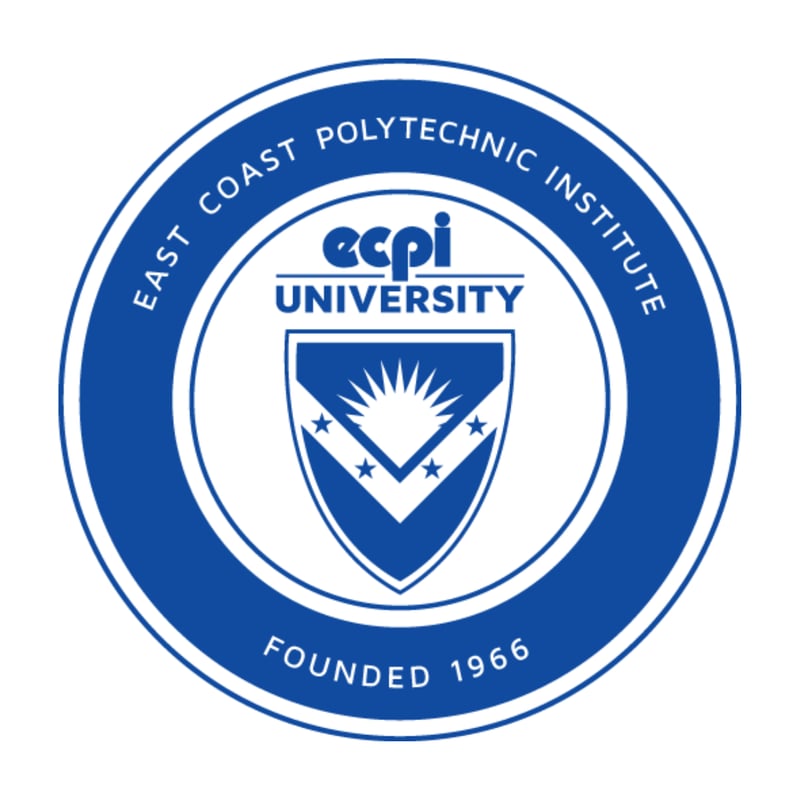
Financial aid (may be available)

No cost info

Financial aid (may be available)

Financial aid (may be available)

Financial aid (may be available)

Financial aid (may be available)

Financial aid (may be available)

Financial aid (may be available)

No cost info

No cost info

Financial aid (may be available)

Financial aid (may be available)

Financial aid (may be available)
$89 total
This certificate program provides a foundation in supply chain and logistics management from both a U.S. as well as global perspective, preparing participants for professional careers with manufacturers and distributors, transportation carriers, and logistics service providers.
No cost info
American Military University (AMU) offers a logistics management certificate at the graduate level. It provides in-depth study of logistics and supply chain management with consideration of global impacts.
AMU’s online logistics certificate emphasizes transportation factors related to logistics, especially the maritime industry. The curriculum covers topics such as:
Transportation policy and planning
Transportation management and economics
Port and terminal operations
This program is an appropriate choice for those who wish to increase their knowledge of logistics and supply chain management without committing to a full degree program.
No cost info
No cost info
The online Logistics and Supply Chain Management Certificate from CCU will help you gain a deeper understanding of the processes and fundamentals within supply chain and inventory management, including purchasing and inbound logistics; material handling in distribution centers; warehousing and warehouse management; financial and inventory controls; transportation and distribution; and reverse and global logistics.
No cost info

Financial aid (may be available)

Financial aid (may be available)

$2,730 total

No cost info
No cost info
Logistics is an essential aspect of any business or organization that involves the management of the flow of goods and services from the point of origin to the point of consumption. It plays a crucial role in ensuring the efficient and effective movement of products, materials, and information throughout the supply chain. If you are interested in pursuing a career in logistics and are looking for logistics classes near you in Baltimore, this blog post will provide you with valuable information to help you make an informed decision.

Logistics involves a wide range of activities, including transportation, warehousing, inventory management, packaging, and customer service. Professionals in the field of logistics are responsible for coordinating and managing these activities to ensure the smooth flow of goods and services. With the increasing complexity of supply chains and the growing demand for logistics professionals, there is a need for individuals with the right skills and knowledge to fill these roles.
Logistics is the process of planning, implementing, and controlling the efficient and effective flow and storage of goods, services, and related information from the point of origin to the point of consumption. It involves a wide range of activities, including transportation, warehousing, inventory management, packaging, and customer service. The goal of logistics is to ensure that the right products are delivered to the right place at the right time in the most cost-effective manner.
To pursue a career in logistics, you will need to acquire the necessary skills and knowledge through training and education. While a college degree is not always required, it can be beneficial in enhancing your job prospects. There are various training programs and certifications available that can help you develop the skills and knowledge needed to succeed in the field of logistics.
When looking for logistics classes near you in Baltimore, there are several factors to consider to ensure that you choose the right program for your needs. Here are some things to look for:
Accreditation: It is important to choose a logistics class that is accredited by a recognized accrediting body. This ensures that the program meets certain quality standards and that the training you receive will be recognized by employers in the industry.
Curriculum: Review the curriculum of the logistics class to ensure that it covers all the key areas of logistics, including transportation, warehousing, inventory management, and customer service. Look for classes that provide hands-on training and real-world experience.
Faculty: Take a look at the qualifications and experience of the faculty members teaching the logistics class. They should have relevant industry experience and expertise in the field of logistics.
Facilities and Resources: Consider the facilities and resources available to students in the logistics class. Look for classes that have modern classrooms, computer labs, and access to industry-standard software and equipment.
Networking Opportunities: Consider the networking opportunities available through the logistics class. Look for classes that provide opportunities to connect with industry professionals through guest lectures, industry events, and internships.
While the specifics may vary depending on the logistics class you choose, here are some common aspects of what you can expect from the day-to-day class:
Classroom Instruction: Logistics classes typically include classroom instruction where you will learn about the key principles and concepts of logistics. This can include lectures, discussions, and group activities.
Hands-on Training: Many logistics classes also provide hands-on training to help you apply the concepts you have learned in real-world scenarios. This can include simulations, case studies, and practical exercises.
Group Projects: Collaborative group projects are often a part of logistics classes. These projects allow you to work with your peers to solve real-world logistics problems and develop teamwork and communication skills.
Industry Guest Speakers: Some logistics classes may invite guest speakers from the industry to share their experiences and insights. This provides you with the opportunity to learn from professionals who are currently working in the field.
Once you have completed a logistics class and acquired the necessary skills and knowledge, you may choose to pursue certification. While certification is not always required, it can enhance your job prospects and demonstrate your commitment to the field of logistics. There are several professional organizations that offer logistics certifications, such as the American Society of Transportation and Logistics (ASTL) and the Council of Supply Chain Management Professionals (CSCMP).
The certification process typically involves meeting certain eligibility requirements, such as having a certain amount of work experience in the field of logistics, and passing a certification exam. The exam may cover various areas of logistics, including transportation management, warehousing, inventory management, and supply chain strategy.
After completing a logistics class and obtaining certification, you will be well-prepared to pursue a career in the field of logistics. There are various job opportunities available in logistics, including:
Logistics Coordinator: In this role, you will be responsible for coordinating and managing the transportation and delivery of goods and services. This includes scheduling shipments, tracking inventory, and ensuring timely delivery.
Warehouse Manager: As a warehouse manager, you will be responsible for overseeing the day-to-day operations of a warehouse, including inventory management, order fulfillment, and logistics coordination.
Supply Chain Analyst: In this role, you will analyze and optimize supply chain processes to ensure efficiency and cost-effectiveness. This includes identifying areas for improvement, implementing new strategies, and monitoring performance.
Transportation Planner: As a transportation planner, you will be responsible for planning and optimizing transportation routes and schedules to ensure timely and cost-effective delivery of goods and services.
Once you have established a career in logistics, there are several other classes you may consider taking to enhance your skills and knowledge. Here are some examples:
Supply Chain Management: This class focuses on the management of the entire supply chain, from sourcing raw materials to delivering the final product to the customer. It covers topics such as demand forecasting, inventory management, and supplier relationship management.
Six Sigma: Six Sigma is a methodology used to improve quality and reduce defects in manufacturing and service processes. Taking a Six Sigma class can help you develop the skills needed to identify and eliminate waste and improve efficiency in logistics processes.
Project Management: Project management skills are essential in logistics, as many logistics projects involve coordinating multiple stakeholders and resources. Taking a project management class can help you develop the skills needed to plan, execute, and control logistics projects effectively.
If you are interested in pursuing a career in logistics, taking a logistics class can be a great way to acquire the necessary skills and knowledge. By choosing a logistics class near you in Baltimore, you can receive hands-on training and real-world experience that will prepare you for a successful career in the field. Remember to consider factors such as accreditation, curriculum, faculty, facilities, and networking opportunities when choosing a logistics class. And if you're looking for other vocational classes or career options, visit Dreambound, the largest platform for students to find vocational training programs. Dreambound's mission is to provide all the information students need to find the perfect class.
Dreambound has put together numerous guides to help you navigate the certification process in this field, tailored for various cities. For insights into the process or requirements in other states, see some of our additional guides below.
Thinking about a potential career transition? Dreambound offers detailed guides to help you with making an informed decision. Dive in below:
Dreambound's platform allows prospective students to find the right educational program for them through searching, filtering, and connecting with our extensive selection of career & technical education partners.
Dreambound has over 70 programs across healthcare, technology, business, and industrial trades. This includes programs such as Medical Billing, Cybersecurity, and welding.
Some of our schools offer financial aid for those who qualify. Many others offer payment plans, where you can pay the cost of class over time.
Yes, Dreambound offers many online programs. On Dreambound's search, you can filter by online, in-person, and hybrid (part online, part in-person).
Dreambound is completely free for you to use! We are supported by schools and organizations who pay to advertise on our website, so we can offer all of our career resources for free.